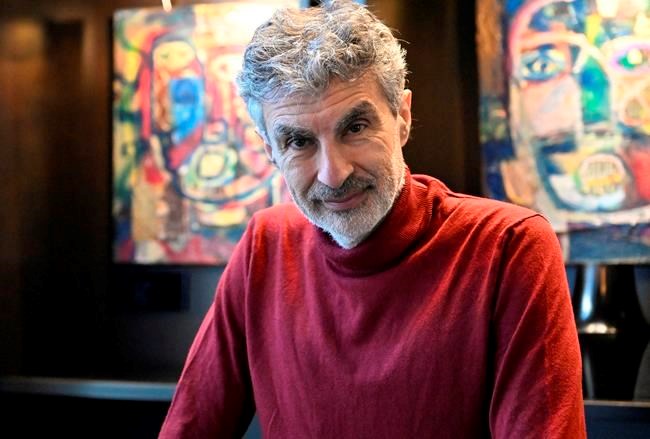OTTAWA тАФ A major international report on the safety of artificial intelligence says experts canтАЩt agree on the risk the technology poses тАФ and itтАЩs unclear whether AI will help or harm us.
The report, chaired by CanadaтАЩs Yoshua Bengio, concludes the "future trajectory of general-purpose AI is remarkably uncertain."
It says a "wide range of trajectories" are possible "even in the near future, including both very positive and very negative outcomes."
The report was commissioned at last yearтАЩs AI Safety Summit hosted by the United Kingdom, the first such global meeting on artificial intelligence.┬а
The U.K. asked Bengio, dubbed a "godfather" of AI and who is scientific director at Mila, the Quebec AI Institute, to chair the report. It was released ahead of another global summit on AI, to be held in Seoul, South Korea, next week.
"We know that advanced AI is developing very rapidly, and that there is considerable uncertainty over how these advanced AI systems might affect how we live and work in the future," Bengio wrote in the report.
The U.K. government said in a press release Friday the report is the "first-ever independent, international scientific report" on AI safety, and that it would "play a substantial role" in informing the discussions in South Korea next week.
A group of 75 experts contributed to the report, including a panel nominated by 30 countries, the European Union and the United Nations. The report released Friday is an interim one, with a final version expected by the end of the year.
It focuses on general-purpose AI systems, such as OpenAIтАЩs ChatGPT, which can generate text, images and videos based on prompts.┬а
The report says the experts "continue to disagree on several questions, minor and major, around general-purpose AI capabilities, risks and risk mitigations."
One of the areas of debate is the likelihood of "risks such as large-scale labour market impacts, AI-enabled hacking or biological attacks, and society losing control over general-purpose AI."
The report outlines a number of risks, including the harm AI can cause through fake content, disinformation and fraud, as well as cyberattacks. It also flags the risks bias in AI can cause, particularly in "high-stakes domains such as health care, job recruitment and financial lending."
One potential scenario is that humans will lose command of artificial intelligence, and not be able to control the technology even if it may be causing harm.┬а
The report said there is consensus that the current general-purpose technology doesnтАЩt pose that risk, but some experts believe that ongoing work to develop autonomous AI, which can "act, plan and pursue goals," could lead to such an outcome.
"Experts disagree about how plausible loss-of-control scenarios are, when they might occur and how difficult it would be to mitigate them," the report says.
This report by The Canadian Press was first published May 18, 2024.
Anja Karadeglija, The Canadian Press




